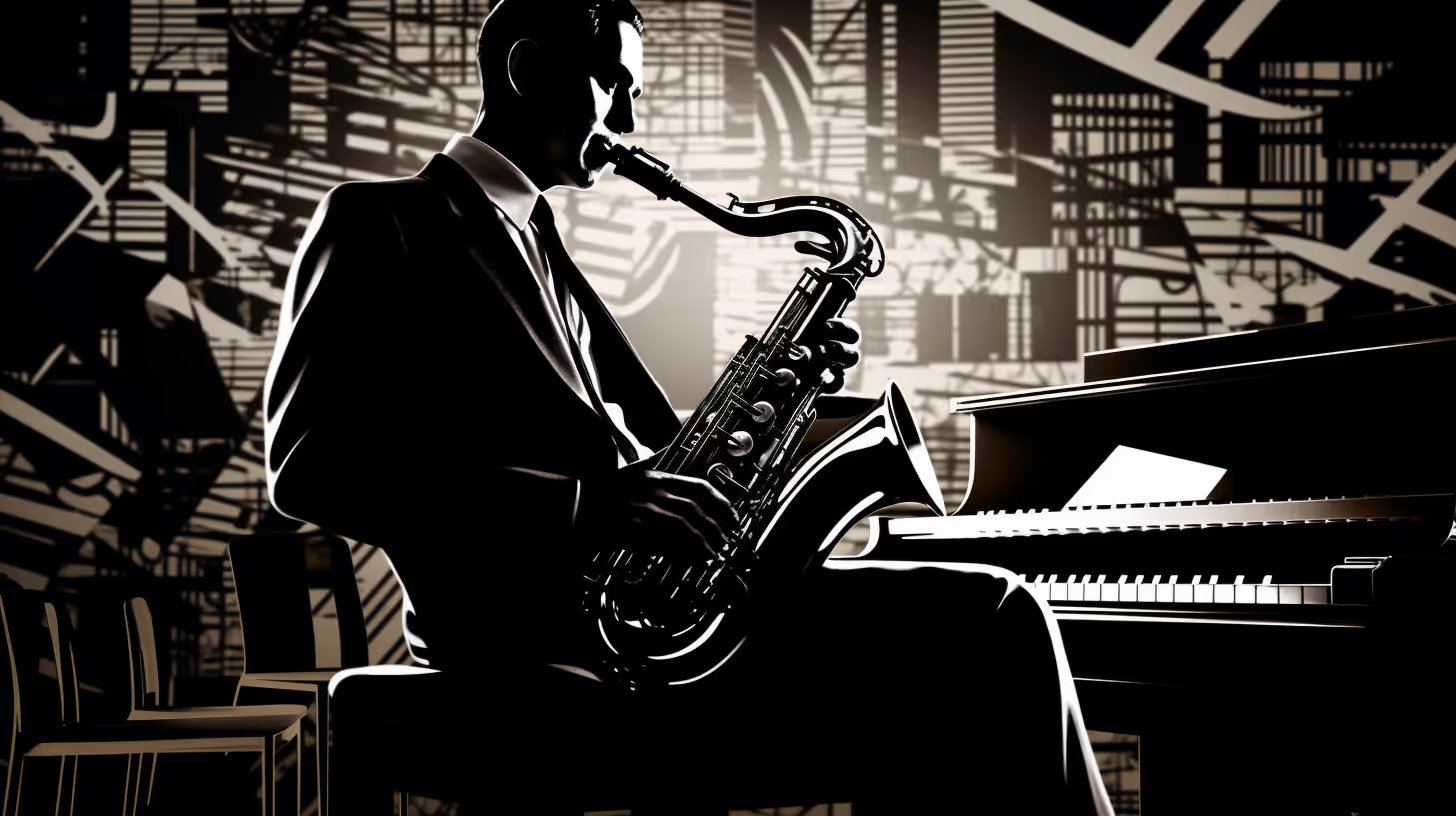
What does it mean to be a successful business leader?
In my experience, most people look to a prescribed pathway to describe what success means. They’ll point to a specific company or leader and say, “That’s what success looks like.”
Having a pathway or prescribed curriculum for “success” feels good. It’s comfortable. Yet in my years of research with technology and business leaders, I’ve found that the most successful people inside companies–the leaders who are driving the highest performance among people–are not necessarily the ones who are imitating others and following what others are doing.
Instead, the successful ones are Business Artists.
You might even say they are a bit stubborn. Why? Because they challenged the status quo. They create in cycles. They have creative minds. They’re inspiring to work for.
Business Artists know themselves, and they know how to flex their own innate human strengths.
These are the kinds of leaders who are on a call with a customer, and when they are finished, one of their team members looks at them in awe and says, “How did you do that? How did you connect with that customer? Why did you share that story or know where to take that conversation?”
Then they will shrug their shoulders and say, “I don’t know. I was improvising. I was in a state of flow. I wasn’t playing a memorized track or reading a script.”
To put it in musical terms, what they’re really saying is, “I wasn’t reading from the sheet music. I was going with the flow. I was playing jazz.”
Contrast this with karaoke, the popular practice of singing along to a pre-defined track. There’s no room for improvisation or creativity because the whole song is laid out for you. Everybody knows where you’re going.
The Only Way Forward
Technology has taken us to a certain point where we are no longer acting as human beings. We’ve lost our sense of empathy. We’ve lost our fulfillment from creating. We’ve lost our ability to be critical of our other artistic endeavors.
Instead, we judge. We have become a world of critics. All you have to do to see for yourself is to look at any social media platform. No matter which ones you use, you always have the ability to show your approval by “liking” something, responding with an icon that shows your emotion, or commenting.
Today it seems we spend much more energy judging and commenting than we do actually creating.
I love applying the analogy of music to business. Music is a big part of how I express myself creatively.
I got into music when I was young and started understanding that I could play music just like everybody else by reading sheet music. But it didn’t really work for me. I memorized how to play songs and all of a sudden, I could play as written and impress people.
I began to understand that music is not only for the gifted few who can read music, but for everyone. There is a fundamental humanity in music that connects with your emotional core.
Why have we lost this humanity, this creativity and artistry, in business today?

Through this blog, my newsletter, my upcoming book, and through Meahana, my goal is to help business leaders expand their creative potential and become more effective leaders.
However, it won’t happy by accident. There’s no magical “creativity fairy” that shows up one day and sprinkles pixie dust around. In today’s chaotic world, the only way forward is through creative thinking and innovation.
We must learn to go with the flow, to approach business like jazz. The karaoke approach to business doesn’t work any longer.
But rather, than being depressed about this, I see it as an incredible opportunity to rise to the occasion, to become the leaders we’re meant to be. I hope you’ll join me on this adventure. There’s no better time to be a Business Artist.
Come join the Business Artist movement!
.png)




